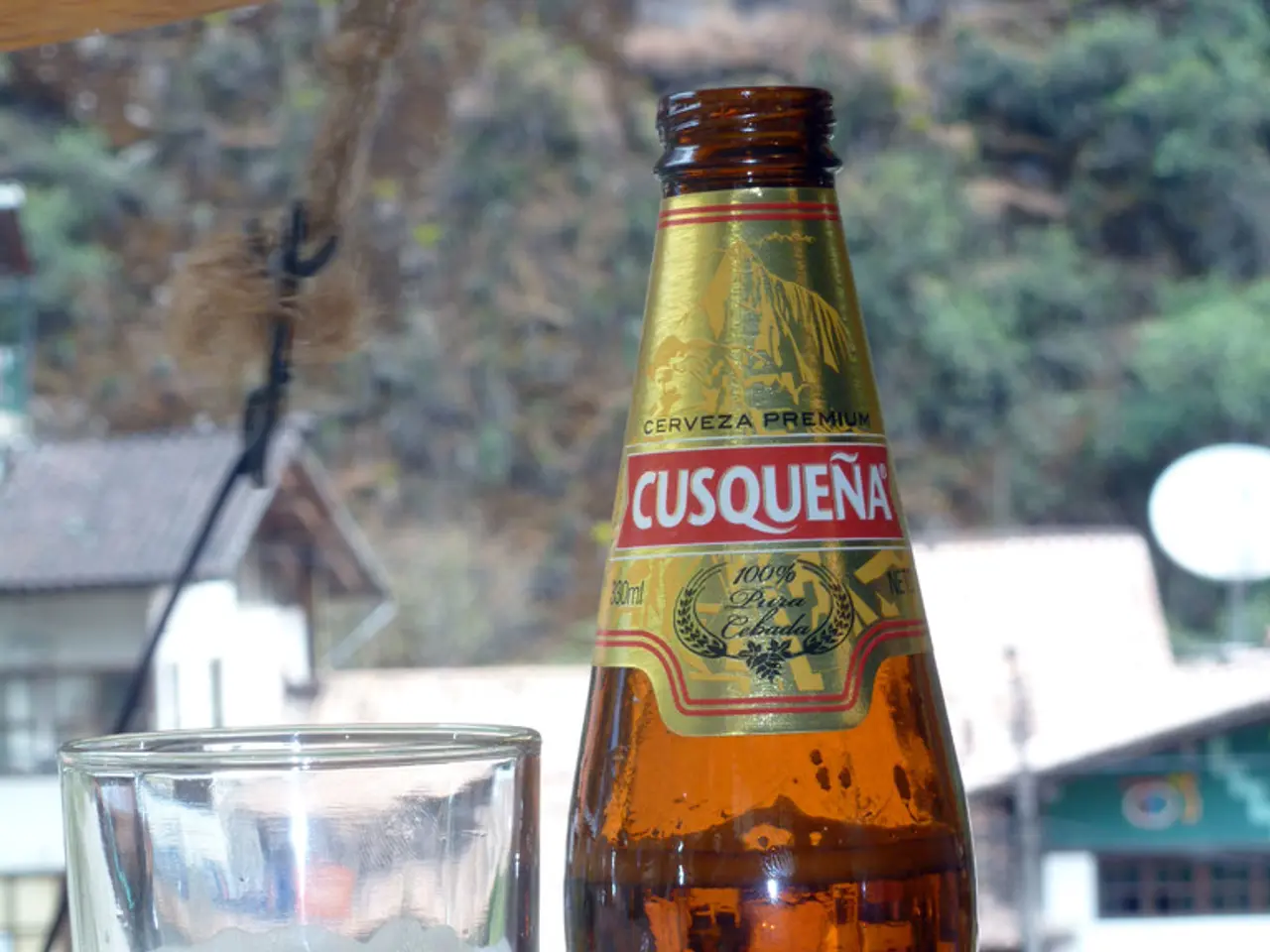Renewed wildfires in France stir discourse over declining vineyard 'fire barriers'
In the southern French region of Aude, a wildfire that has been burning since last week is causing widespread destruction, making it the biggest wildfire in the region since 1949. The fire has scorched homes, forest, and farmland, resulting in one fatality, and has burned an area bigger than Paris.
The removal of vineyards in the Aude region has contributed to the increased spread of wildfires. Vineyards act as a natural, moisture-rich barrier that can slow or break the progress of fires. Without these vineyards, wildfires spread more rapidly through the landscape. This trend has several consequences for local winemakers and the region.
For winemakers, the decline in vineyard land reduces their cultivation area, negatively impacting their livelihoods. The loss of vineyards also removes a landscape feature that previously helped protect surrounding areas from fire, creating a feedback loop that threatens more vineyards and agricultural lands.
For the regional landscape, the removal of vineyards contributes to drier, more combustible vegetation dominating the area. This shift increases the vulnerability of the landscape to catastrophic wildfires, which have already destroyed thousands of hectares.
The French government is offering some relief to growers, paying €4,000 ($4,661.60) per hectare to tear up their vines. However, local farmers worry they may not recover without massive government support. Over 5,000 hectares of vineyards have been removed in Aude in the past 12 months.
In some areas, vineyards survived the fire while their grapes were destroyed. Grapes from other plots in Aude risk being unusable due to being covered in fire-retardant chemicals or because smoke will spoil their taste.
Jerome Despey, a grower in the neighboring Herault region, emphasizes the importance of preserving vines adapted to the Mediterranean climate. Baptiste Cabal, a winemaker in Saint-Laurent-de-La-Cabrerisse, stated that ripped-up vineyards are often left fallow, overtaken by scrub and brush. Baptiste believes that less idle land and more vines would be beneficial.
Local growers say there are no alternatives in the parched hills of Aude after sheep farming mostly disappeared. The destruction of hundreds of hectares of working vineyards in Aude is a concern for local growers. French Prime Minister Francois Bayrou visited the fire zone and stated that where there were vineyards, the fire was mostly stopped.
Climate change is causing Europe, particularly the Aude region, to heat up at twice the global average speed. This increase in hot and dry conditions contributes to wildfires spreading faster, burning longer, and raging more intensely.
On Thursday, around 2,000 firefighters were battling to control the blaze. Neatly-manicured rows of vines and scrub-free soils survived the fire in many areas, offering hope for the future of the region's wine industry. However, the ongoing crisis highlights the urgent need for sustainable land management practices to protect both the environment and local communities from the devastating effects of wildfires.
- The increasing trend of climate change in Europe, particularly the Aude region, is a significant concern, as it is heating up at twice the global average speed, contributing to wildfires spreading faster.
- The loss of vineyards in the Aude region, a crucial element of the local culture and environment, is due to their removal for various reasons, including the influence of industrial practices.
- The removal of vineyards not only impacts the livelihoods of local winemakers but also introduces drier, more combustible vegetation, increasing the region's vulnerability to catastrophic wildfires.
- The French government is offering financial aid to farmers to tear up their vines, but questions remain about the long-term sustainability of this practice, given the potential for further wildfires and the role of environmental science in managing the region's resources.
- In the realm of science and medicine, respiratory conditions and medical-conditions associated with wildfire smoke are a growing concern, as these fires become more intense and widespread.
- As we look to the future, it is evident that the intersection of climate change, environmental management, finance, and energy will play a vital role in shaping the Aude region's landscape, wine industry, and communities – highlighting the importance of space and astronomy in understanding climate patterns and informing decisions about land management.




